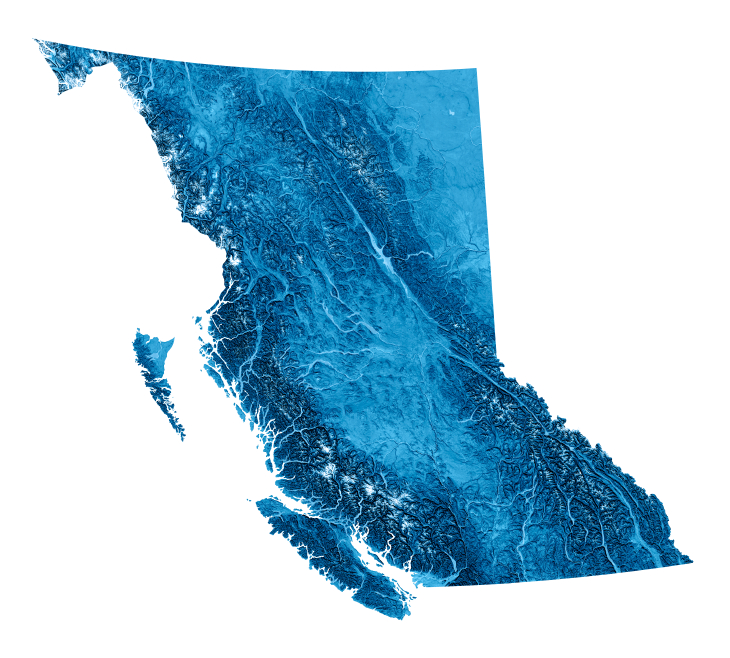On February 29, 2016, the government of British Columbia brought the new Water Sustainability Act into force along with a first phase of regulations. The Water Sustainability Act updates and replaces the old B.C. Water Act and delivers on the government’s commitment to groundwater and surface water security.
The Act and new regulations are designed to help protect water flows for ecosystems and fish and include new and improved requirements for groundwater use and licensing, well construction and maintenance, dam safety, and compliance.
Key changes include new licensing requirements for non-domestic groundwater use such as irrigation, industrial purposes, water bottling and community water systems. For existing groundwater users, the regulations provide a three-year transition period in which to apply for a licence; application fees will be waived for the first 12 months the WSA is in force. Surface water and non-domestic groundwater users will also be subject to the new water fees and rentals announced last year.
The Water Sustainability Act (WSA) was passed by the provincial legislature in spring 2014.
“With the size and complexity of the WSA and the number of required regulations, government is implementing the WSA using a phased approach. Work on the next phase of regulations and policies will be initiated later this year and includes measuring and reporting, livestock watering, water objectives, planning and governance,” said the Ministry of the Environment in a statement to Water Canada.
Domestic well owners (i.e., homeowners with a well that provides water for household use, lawn and garden watering, and water for domestic animals) are exempt from licensing and paying provincial water fees and rentals. Domestic well owners are encouraged to register their well to make their use known so it can be protected.
More information about the Water Sustainability Act and the new regulations can be found at: http://www.gov.bc.ca/water.









